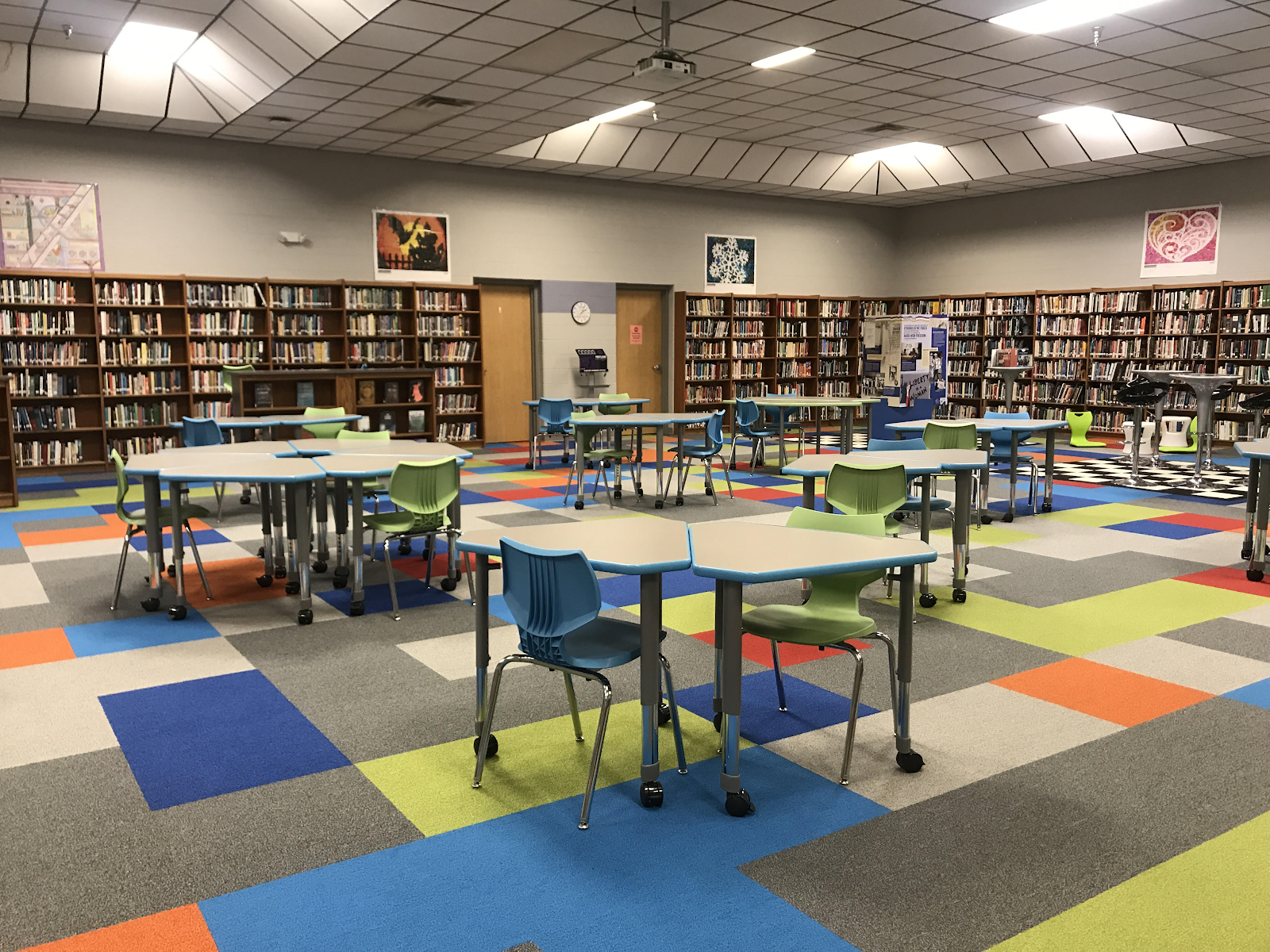
From public elementary school libraries in rural communities to the urban Nashville Public Library, Middle Tennessee’s libraries have been affected by the coronavirus pandemic.
In mid-March, Tennessee began shutting down due to the arrival of the virus in the United States. Its libraries did, too. Little did the librarians, volunteers, and families know that it would be months before they could officially reopen.
Since Middle Tennessee is beginning its reopening phases, librarians are rapidly looking for solutions and reopening strategies while dealing with social and mental roadblocks.
Librarian at The Harpeth Hall School, Leigh Mantle said, “The interactions I have are my favorite part of the job. My concern is, will I have a connection with new, and returning, students? My main challenge will be building relationships at a distance.”
Her colleague, Susan Timmons, commented on her separation anxiety with her family, “Both of my daughters are distance learning. So, did they wake up? Are they eating well? Did they have a technical problem? Do they need something? Having them home and me here makes me feel mentally divided all day.” Some area librarians cannot effectively do their work because of domestic concerns.
Besides the emotional harm, the virus has hurt libraries economically and technically as well. Paula Shannon, the museum clerk at the Portland Public Library, reports, “We shut down all service on March 20th and were not able to serve large groups in our community. Groups are huge for us.”
Affirming libraries’ loss of patronage, a former regular of the Gallatin Public Library, Mattie Graham said, “We go sometimes but not often.” Not as many people are going to libraries because of safety concerns.
Although they have experienced coronavirus complications, libraries refuse to be defeated and are putting reopening plans in action.
Librarians have been the largest figures involved in shaping coronavirus policy. Jennifer Heyboer, the librarian at Portland High School’s library, stated that the library staff has had “free reign to shape the policies to make [their] library environment as safe and usable as possible.”
Similarly, the librarians at Harpeth Hall agreed that the administration has been occupied with creating overarching reopening plans; therefore, the librarians were trusted as the experts of their space.

A sign at Portland High School’s library reads “Mask up, y’all: protect Panther nation!”
Not only have their spaces been altered, daily tasks changed by the needs of the community during the pandemic. At Harpeth Hall, librarians shifted their focus to helping teachers and finding kid-friendly online resources instead of compiling physical titles.
Alice Bryant, a librarian at Harpeth Hall, said, “Research was more difficult for younger girls because they haven’t been trained yet in using online resources. Communication with teachers became my main job.”
In addition to communication, librarians have become the officers of their libraries’ newfound pandemic laws. Timmons commented, “We try not to give demerits here in the library, but we might have to remind [students] who are violating safety measures.”
State-mandated mask requirements have prompted libraries to enforce strict coronavirus policies of their own, as Timmons predicts she will have to do.
According to the Gallatin Public Library’s Facebook, as of July 6, “Face masks are now required on library premises.”
Like Gallatin, the Portland Public Library’s website says patrons will be greeted at the door by signs reminding them of the mask requirements, temperature checks and capacity restrictions.
Harpeth Hall and Montgomery Bell Academy mandate masks in their libraries and throughout their buildings. Heyboer reported that PHS has introduced extensive safety measures in addition to the common safety measures like capacity limits and spaced furniture.
Libraries’ unique transaction model poses even larger problems than the mask mandates. Patrons check books out instead of purchasing them. Depending on the amount of traffic a title gets, contamination is the main issue facing libraries, because coronavirus bacteria can survive on surfaces for up to three days.
Harpeth Hall is quarantining books for three days before they are reshelved based on a study done by REALM – Reopening Archives, Libraries, and Museums – who helps institutions reopen safely.
At the Portland Library, Shannon said that books “stay in [the return slot] for another 24 hours. They are cleaned and then shelved after around 2 days.”
Some libraries are not offering in-person browsing to prevent contamination. At Harpeth Hall, students select titles through the digital catalog. Then, a librarian bags the books and puts them outside for pick-up. Mantle explained, “We are trying to get the books to [students] in the safest way possible.”
At the Nashville Public Library, in-person browsing is suspended until Sept. 4 due to contamination risks. However, pick-up is available.
Vanderbilt University’s libraries are emphasizing their material pick-up service and online resources. All undergraduate students move in between Aug. 17 and 22, and the libraries must do their part to comply with social distancing.
Across the board, libraries are doing all they can to get community members back into books. While there may be restrictions in place for now, the good news is that libraries are bouncing back.
Jane McMahon, a librarian at Montgomery Bell, says, “This is just a temporary phase. Even though we may not love all the changes we have to implement right now, we’re just trying to keep things in perspective and realize that this won’t be forever.”






